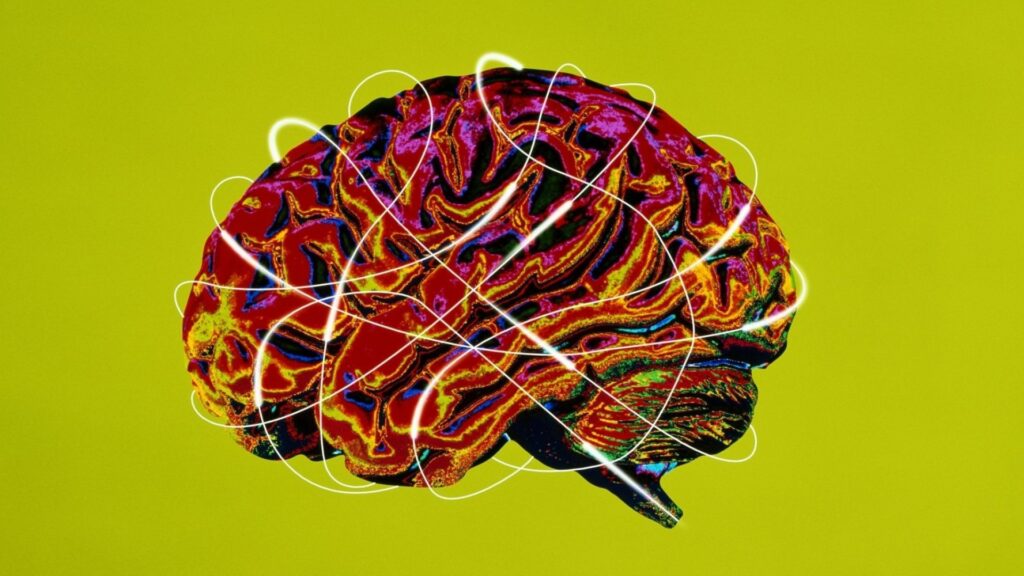
Summary: Beyond the confines of IQ tests, Intelligence manifests in diverse ways, shaping our understanding of human capabilities. Do you wonder what your IQ would be if the intricacies and nuances that contribute to our cognitive landscape gave you a more reliable core score?
Dear Dr Sylvia,
My son is in the “slow” group for math because his IQ, so they told me, was just in the average range.
I am upset.
For example, first, let me say that I am NOT a “helicopter parent.” I do not make every decision for him and constantly worry.
It’s more because he feels “less than” and thinks he is unintelligent.
Sadly, I remember when I was also in the lowest math group. It wasn’t very comfortable. The two “smarter” groups made fun of us.
It was partially true. I was not a math whiz. However, I was consistently winning awards for creative projects. Yet, there was no IQ for creativity back in the day.
Thus, my question is: How do you measure your clients’ skills and talents so they can see both the upside and downside of their capabilities to learn and grow?
Also, do you think taking IQ tests is “old school? I would love your thoughts.
Signed,
Not Ignorant!
Intelligence tests are an old-fashioned way of looking at individual development.
Dear Not Ignorant!
The school IQ tests we took back in the day should be marked “outdated.”.
As an illustration, I will give an example that happened to a friend of mine when she was a freshman in college.
Her roommate, considered “the brain” in her school, had an IQ equal to Einstein’s. His IQ was somewhere between 160 and 180. The roommate bragged that her IQ was 165, genius territory.
Now, here is where it gets interesting.
One morning, she dropped the jar of instant coffee all over the wood floor. She said she would clean it up, no big problem.
My friend went to class and returned several hours later to the smell of brewing coffee.
However, “the genius” decided the best way to clean up the mess was with a bucket of water and a mop.
Instead of a dry brush and scoop, she made it worse by wetting it and swooshing it around.
As a result, there was a good smell, yet not drinkable coffee!
When my friend asked her why she did something impractical, she responded, “I’m good at calculus and physics, not housewifey things.”
I wonder how she would handle changing a baby’s diaper!!
In any case, yes, there are many ways to measure Intelligence.
I have included seven here to see where you (and perhaps your son) fit in, looking at different perspectives on Intelligence.
Emotional Intelligence (EI) is a crucial facet of human Intelligence.
It involves the ability to perceive, understand, and manage emotions in oneself and others. Individuals with high emotional Intelligence navigate social situations adeptly, fostering healthy relationships and effective communication.
IQ tests traditionally measure Cognitive Intelligence.
Cognitive Intelligence encompasses logical reasoning, problem-solving skills, and analytical thinking. It forms the foundation of academic and intellectual pursuits, showcasing our capacity to process information and make informed decisions.
Creative and Innovative Intelligence often belongs to those in the arts.
Creativity is a hallmark of human Intelligence, leading to innovation and groundbreaking ideas. This form of Intelligence involves thinking outside the box, connecting disparate concepts, and generating novel solutions. From science to art, creativity fuels progress and drives positive change.
Social Intelligence is about understanding the connections between areas of life.
Social Intelligence refers to the aptitude for understanding social dynamics, empathizing with others, and effectively navigating interpersonal relationships. This form of Intelligence plays a pivotal role in leadership, teamwork, and community engagement.
Practical Intelligence is about finding ways to relate to everyday matters.
Practical Intelligence, often referred to as “street smarts,” involves the ability to apply knowledge and skills to real-world situations. It goes beyond theoretical understanding, emphasizing adaptability, resourcefulness, and common sense in navigating everyday challenges.
Cultural Intelligence is about being a global citizen.
In an increasingly globalized world, cultural Intelligence becomes essential. This form of Intelligence involves an awareness and understanding of different cultures, fostering effective communication and collaboration across diverse backgrounds.
Intelligence intuition is about listening to and responding to your “gut.”
Intuition, often considered a form of implicit knowledge, contributes to intuitive Intelligence. This involves quick, automatic decision-making based on accumulated experiences and subtle cues. In comparison, although not always rational or conscious, intuitive Intelligence plays a significant role in our daily lives.
Intelligence is more than one number; all should be part of the school curriculum.
In conclusion, the tapestry of Intelligence is rich and diverse, with each facet contributing to the multifaceted nature of human cognition.
Recognizing and valuing these various forms of Intelligence enhances our appreciation for the complexities of the human mind. As we continue to unravel the mysteries of Intelligence, we gain a deeper understanding of what makes us uniquely intelligent beings.
To your success,
Sylvia Lafair
PS. I would love to hear your thoughts on measuring your Intelligence. For example, I would give myself high marks on creative and innovative Intelligence. Less on practical Intelligence. I often say about a good practical idea, “Wow, I never thought of it like this. Great new way to thinking.” How about you?


